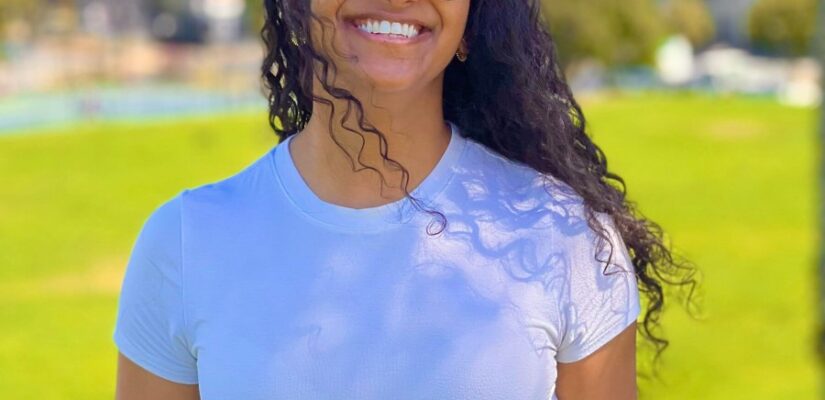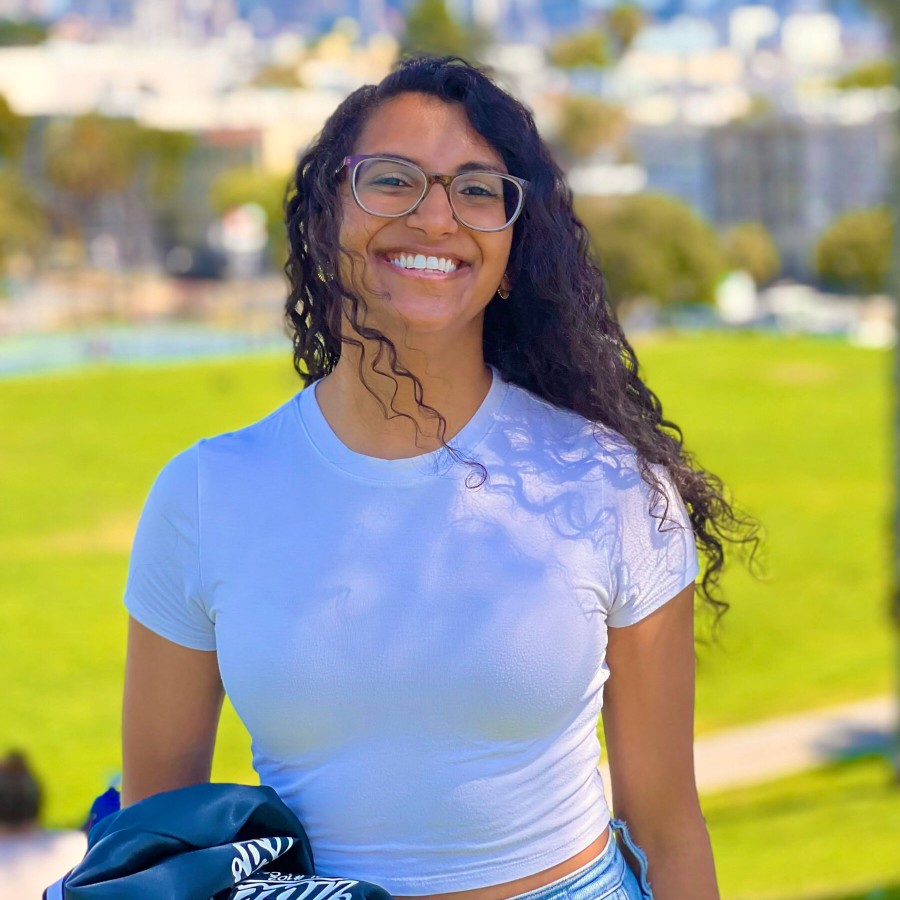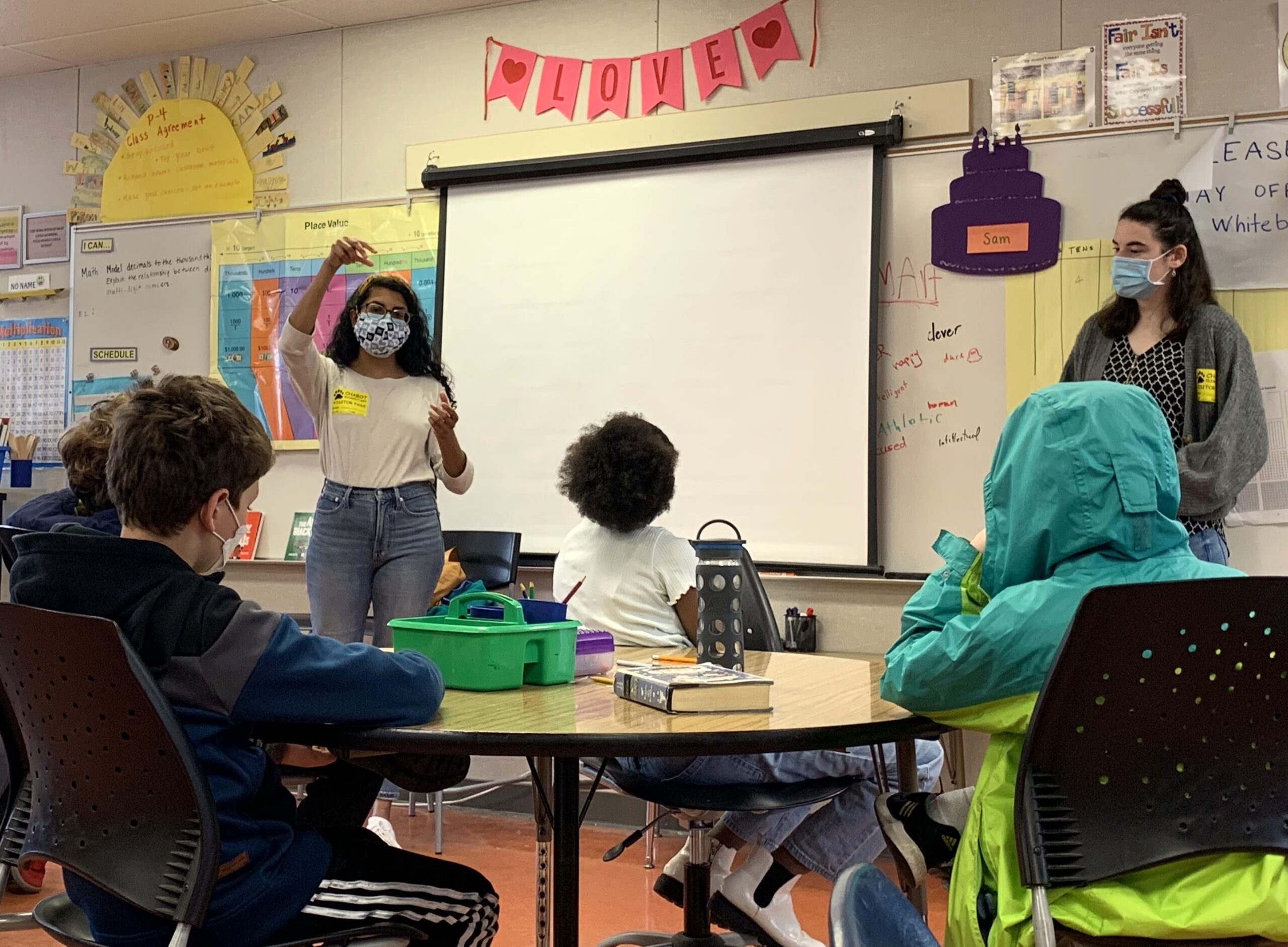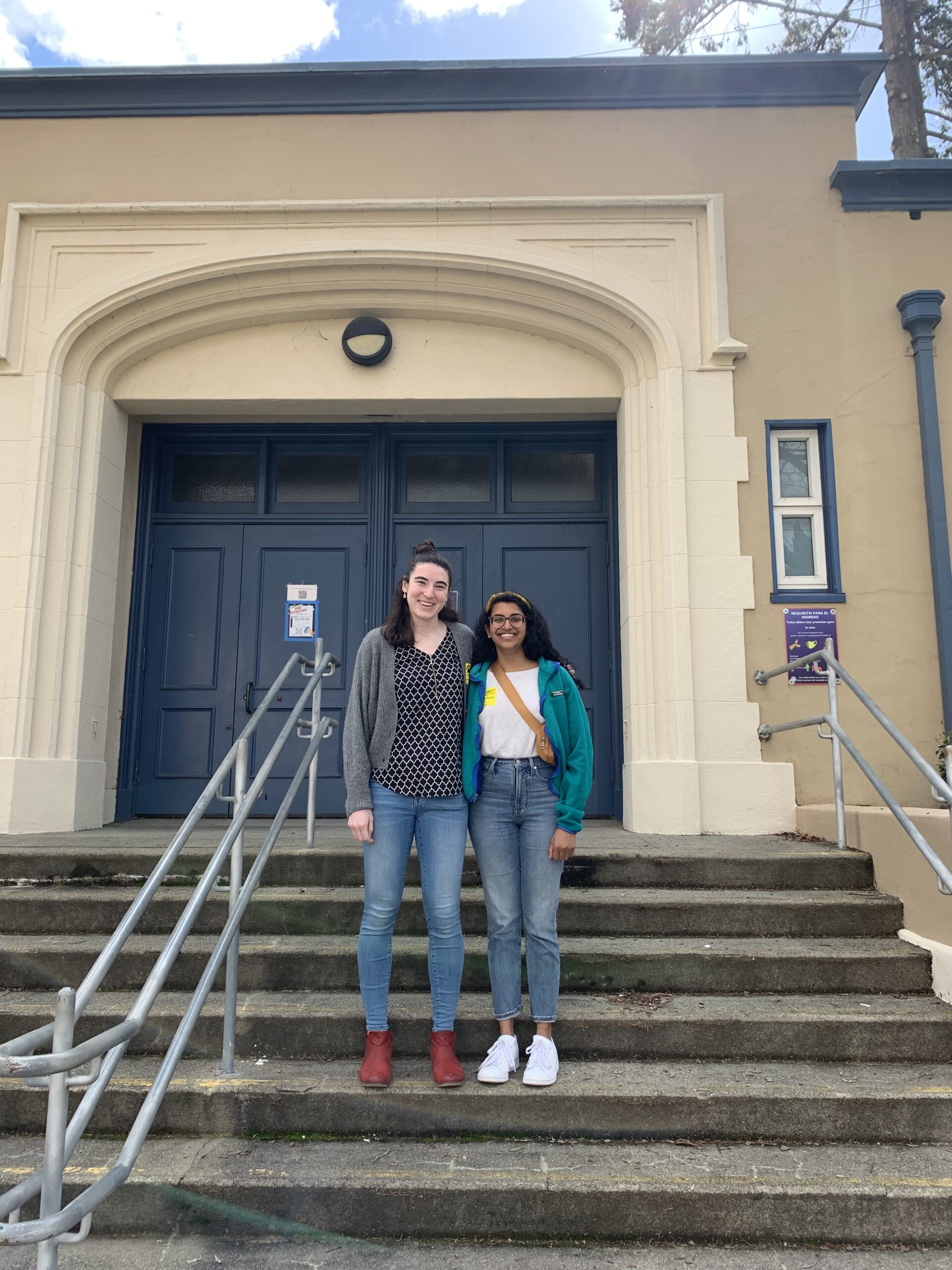
Navigating Data with the Next Generation: Deepthi Tulasi’s STEM Journey
May 2023

Deepthi Tulasi, a Research Associate at NGM Biopharmaceuticals, has a lifelong passion for science outreach.
She has been a part of the CRS BASIS Program since 2022, teaching 4th and 5th graders immunology based lessons in the East Bay!
What led you to your current role with NGMBio?
When I was younger, I was really interested in discovery behind the science. My STEM career was not linear and still continues to surprise me. I attended The University of North Carolina at Chapel Hill studying Biology and Hispanic Linguistics. My STEM courses were extremely challenging. I actually failed my organic chemistry class which encouraged me to try something different and join a biology-based research lab. I realized I enjoyed working in the lab and felt welcome there, and I liked working with my hands. This helped lead me to pursue a career as a scientist. At first, [my experience] was difficult and I did see the differences of being a woman in STEM, and then specifically, a woman of color in STEM. As I ventured into labs that were accepting and open, I felt like my skills got even better.
My interest in environmental justice drew me to an air pollution toxicology lab where the Principal Investigator (PI) took great initiative to mentor his students. During my gap year, I worked in a diverse lab led by a hands-on PI who focused on enhancing career development of his students/staff. In the first year of the pandemic, I was able to gather so many skills after what felt like so many failures. At the beginning of the pandemic, I finished collecting most of the data looking at the cell fate decisions of bile duct cells and hepatocytes which allowed me to write my first author paper. This was a big moment that encouraged me to pursue graduate school. After completing my Master’s of Pharmacology and Toxicology at UC Davis, I began my research position at NGM Bio.
I work on studies and experiments focused on investigating therapeutic efficacy. My team generates preclinical data that we use to bring a drug to human clinical trials. I am also the DEI Community Outreach Pillar at NGMBio which allows me to organize community outreach initiatives such as CRS BASIS and encourage folks at the company to participate.
Who or what inspires you to do science outreach?
I have been involved with community outreach since I was in elementary school! I am passionate about giving back to the community in impactful ways and to improve the current culture of STEM. Outreach enriches the community by making folks feel more welcome/connected. Science outreach is a small bridge to incorporating more diversity and equity into STEM educ
When my parents immigrated to the US, they prioritized my and my brother’s access to education. They encouraged me to find mentors in my field to lift me up. My past mentors in science, such as my PI’s at UNC have truly inspired me as I would not be the scientist I am today without their guidance. They trained me and continue to help me navigate my science career. I hope I am able to spark interest in STEM for some budding scientists. It is rewarding to see young students so curious and excited about our science lesson too!
I am passionate about giving back to the community in impactful ways and to improve the current culture of STEM. Outreach enriches the community by making folks feel more welcome/connected. Science outreach is a small bridge to incorporating more diversity and equity into STEM education.


Deepthi and coworker Sabrina Weeks teach a 4th grade class about viruses and vaccines.
How do you think your outreach activities with CRS support greater science education?
Overall, our lessons allow students to be curious and understand how scientists are data-driven. During our lesson, All About Vaccines, we actually present real collected data and a small “case study” to allow students to interpret/make conclusions. We want the students to believe the science, and by including real data, they are able to understand real-world application of the concepts. In a world with an endless supply of information, opinions, and data, we want the students to follow the science! Also, incorporating hands-on educational games allows the students to engage in the science and have a positive impact by science.
What is your favorite part about doing science outreach?
My favorite part of teaching is the fun, educational games we get to play with the students. During our lesson, All About Vaccines, the students are able to get out of their seats to play/have fun. Students become so excited and associate that with the lesson overall. Also, they ask a lot of science questions at the end of the lesson which is fun. From Is Big Foot real? to Why do some people feel sick after a vaccine? to What was the first formed planet?. It is so wonderful to work with such curious young students!